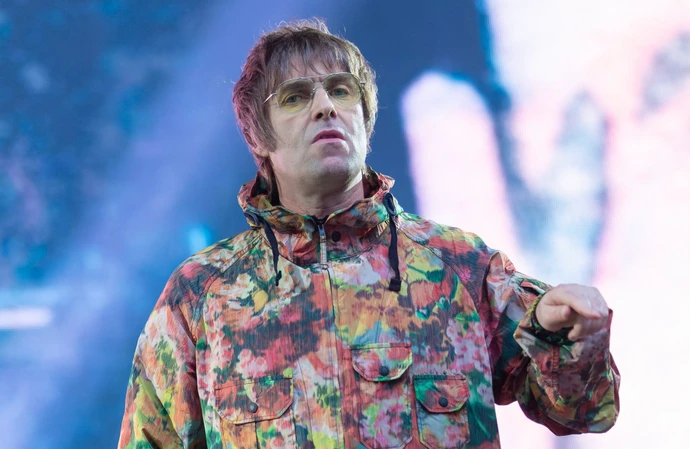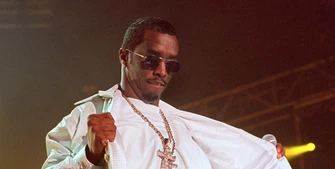Liam Gallagher thinks he sounds 'mega' on AI-generated Oasis album
Liam Gallagher has given his seal of approval of the AI Oasis album.

Liam Gallagher says the band Breezer's songs made using an AI-generated version of his vocals are "better" than most modern music.
The Britpop group's former frontman has given his seal of approval of the group's aptly-named 'AIsis' project after hearing one of the songs and admitted he sounds "mega".
Breezer used their own original songs and interpreted what Oasis would sound like if they released music now using AI.
Asked if he'd heard the album, the 'Some Might Say' hitmaker, 50, replied on Twitter: "Not the album heard a tune it’s better than all the other snizzle out there. (sic)"
Responding to another fan, he said: "Mad as f*** I sound mega."
The 'Wonderwall' singer's reaction to the AI version of his voice comes after an AI duet between Drake and The Weeknd was pulled from Spotify and Apple Music due to a copyright claim.
The megastars were cloned on 'Heart On My Sleeve', which was met with wide praise from fans of the Canadian artists.
However, Universal Music Group was less than impressed and asked the song to be taken down from Deezer and Tidal, TikTok, Spotify and YouTube.
In a statement, UMG, which publishes both artists on Republic Records, hit out at the fraudulent use of AI.
It read: "The training of generative AI using our artists' music (which represents both a breach of our agreements and a violation of copyright law) as well as the availability of infringing content created with generative AI on DSPs [digital service providers], begs the question as to which side of history all stakeholders in the music ecosystem want to be on: the side of artists, fans and human creative expression, or on the side of deep fakes, fraud and denying artists their due compensation.
"These instances demonstrate why platforms have a fundamental legal and ethical responsibility to prevent the use of their services in ways that harm artists. We're encouraged by the engagement of our platform partners on these issues-as they recognise they need to be part of the solution."






